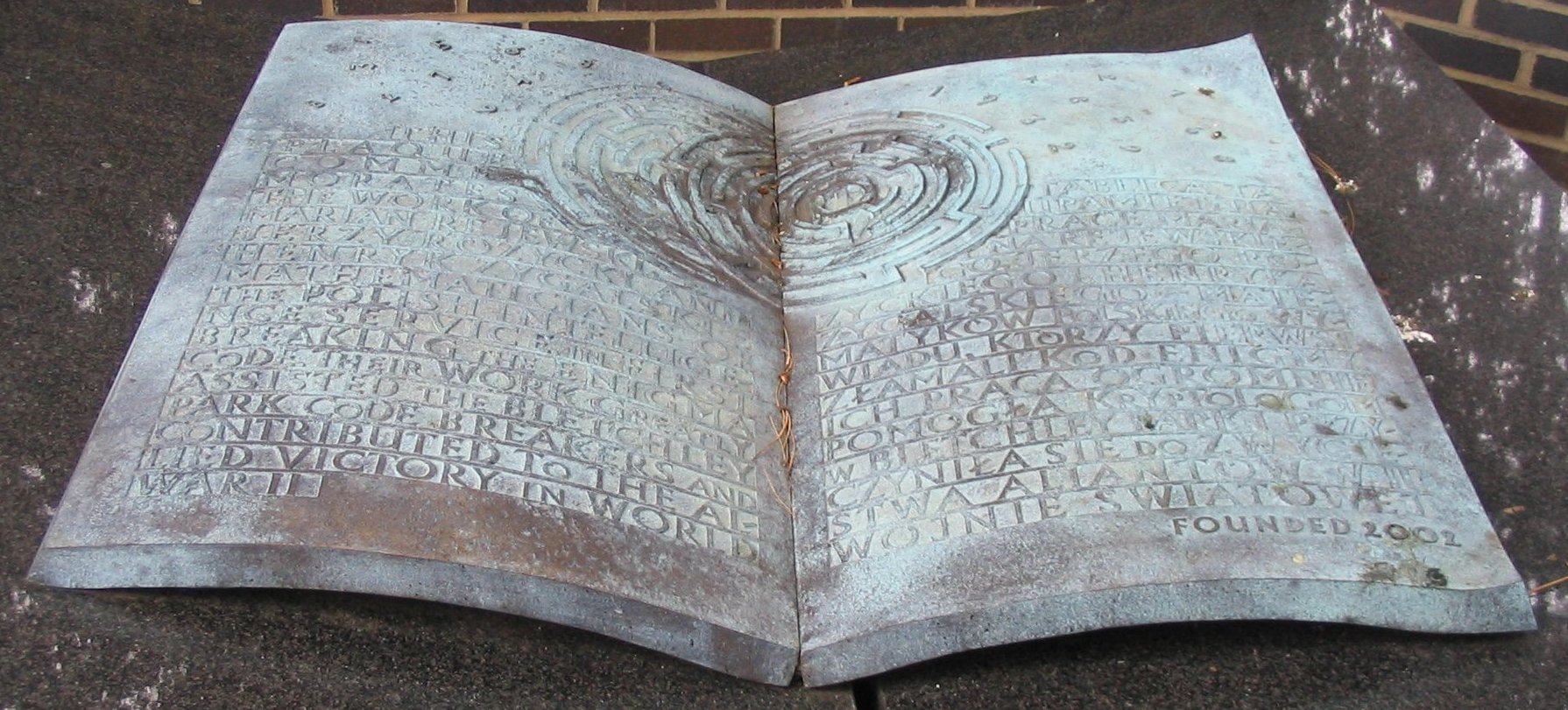Seventy eight years ago, the evening of November 9 was the beginning of the large scale arrest and imprisonment of Jews in Germany and Austria. Called Kristallnacht because of the large amount of broken glass from the windows of Jewish owned businesses. It was justified as a reaction to the murder of a German official, in Paris, by a 17 year old Polish Jew, distraught over the deportation of his family from Germany. Nazi officials claimed that the Jews were to blame for the riots, so 30,000 Jewish men were arrested, and the Jewish community fined for the damages. (https://www.ushmm.org/research/research-in-collections/search-the-collections/bibliography/kristallnacht)
This was 5 years after the first concentration camps were founded, in 1933. Initially, many of the prisoners were political opponents of the Nazi regime, as Hitler sought to consolidate his power. (https://www.ushmm.org/wlc/en/article.php?ModuleId=10005263)
The disabled were seen as having "lives not worth living," a burden to the state, and so were killed. Families were not told the truth about how their family member had died. Many of these patients, as well as prisoners, were dissected by German anatomists and pathologists. (http://www.slate.com/articles/life/history/2013/11/nazi_anatomy_history_the_origins_of_conservatives_anti_abortion_claims_that.html)
Lutheran Pastor Martin Niemoller, who was imprisoned in 1937, wrote,
"First they came for the Socialists, and I did not speak out—Because I was not a Socialist.
Then they came for the Trade Unionists, and I did not speak out—Because I was not a Trade Unionist.
Then they came for the Jews, and I did not speak out—Because I was not a Jew.
Then they came for me—and there was no one left to speak for me."
This was 5 years after the first concentration camps were founded, in 1933. Initially, many of the prisoners were political opponents of the Nazi regime, as Hitler sought to consolidate his power. (https://www.ushmm.org/wlc/en/article.php?ModuleId=10005263)
The disabled were seen as having "lives not worth living," a burden to the state, and so were killed. Families were not told the truth about how their family member had died. Many of these patients, as well as prisoners, were dissected by German anatomists and pathologists. (http://www.slate.com/articles/life/history/2013/11/nazi_anatomy_history_the_origins_of_conservatives_anti_abortion_claims_that.html)
Homosexuals were seen as deviants and so were imprisoned in concentration camps, starting in 1933. They were treated poorly by guards and other prisoners, and so had a 60% death rate. (https://en.wikipedia.org/wiki/Persecution_of_homosexuals_in_Nazi_Germany_and_the_Holocaust)
Later, during the war, other groups--Poles, Roma, Soviet prisoners of war--became victims of the Nazi regime.
"First they came for the Socialists, and I did not speak out—Because I was not a Socialist.
Then they came for the Trade Unionists, and I did not speak out—Because I was not a Trade Unionist.
Then they came for the Jews, and I did not speak out—Because I was not a Jew.
Then they came for me—and there was no one left to speak for me."
(https://en.wikipedia.org/wiki/First_they_came_...)
On this anniversary of Kristallnacht, we must again affirm, "Never Again." Never again should any people be persecuted or killed because of their religion, or race, or ethnicity, or sexual orientation. Because as Niemoller says, we have the duty to stand up for each other.

